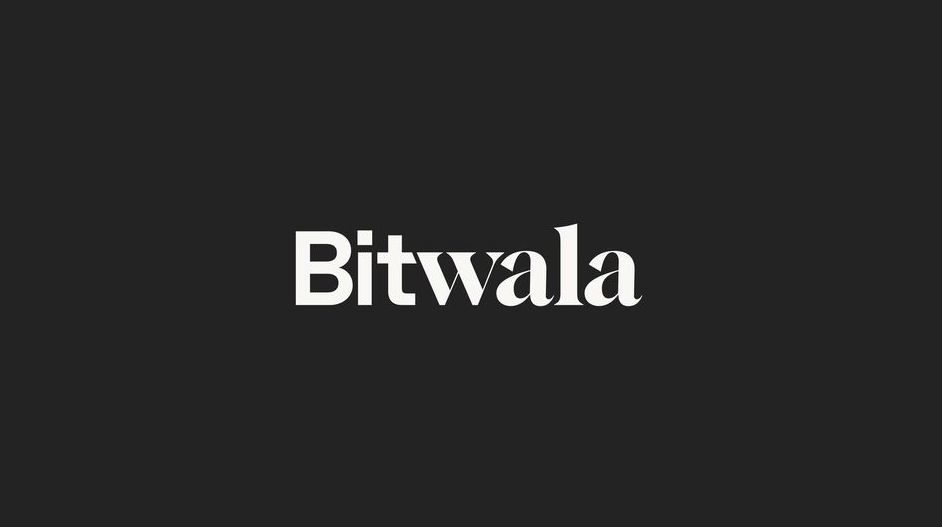
In the heart of the turbulent world of cryptocurrencies, stories are unfolding that bring to mind legends. One such example is Bitwala, a Berlin-based startup once known as Nuri, which after temporary difficulties returns to the stage, ready to revolutionize the market again.
In 2013, in the bustling city of Berlin, three Bitcoin enthusiasts decided to change the way people perceive cryptocurrencies. Recognizing that while Bitcoin has huge potential, few are actually utilizing it, the founders decided to take action. After failed attempts to convince major German corporations of Bitcoin’s strengths, they decided to create All4btc themselves.
All4btc to prosty formularz internetowy, który umożliwiał zakupy online za pomocą Bitcoina.All4btc is a simple online form that allowed online purchases using Bitcoin. Everything was done manually, and customer service resembled concierge services for wealthy Bitcoin holders. Chociaż takie podejście nie miało szans na skalowanie, zrodziło ideę bardziej kompleksowego produktu.Although such an approach had no chance of scaling, it gave birth to the idea of a more comprehensive product.
Understanding customer needs resulted in the creation of Bitwala – a bridge between cryptocurrencies and traditional banking. The key message was clear: give people the financial control they desire, eliminating unnecessary intermediaries in payments and wealth storage.
Bitwala offered prepaid cards that could be used online, offline, and at ATMs in over 120 countries. With the growing popularity of Bitcoin, Bitwala became a key tool for many for paying bills, quick withdrawals, and transfers.
However, as is often the case in the startup world, Bitwala faced adversities. After several years of expansion and diversification, the company had to face challenges that ultimately led to its downfall in 2022. But the story doesn’t end here. Bitwala returns with the support of British Claret Capital, several individual investors, and the Estonian company Striga Technology.
Bitwala 2.0 stands out with a unique approach to cryptocurrency wallets. Users have full control over their funds, instead of relying on a cryptocurrency exchange. Plans also include integration with the Lightning Network – a fast payment service based on the Bitcoin blockchain, as well as the introduction of a Visa debit card secured with cryptocurrency.
The Bitwala app is currently available in 29 countries of the European Economic Area (EEA), offering users access to Bitcoin and Ethereum – the two largest cryptocurrencies in terms of market capitalization. Users can exchange them for euros and send them using SEPA (Single Euro Payment Area) transfers.
An interesting fact is that Germany, the company’s home country where it initially gained popularity, is not on the list of supported countries. German users will have to wait a bit longer due to specific procedures related to buying and selling cryptocurrencies.
According to information provided by Bitwala, a solution tailored to the German market is currently under development and is expected to be available in the fourth quarter of this year. “Despite certain legal issues arising from the German financial supervisory authority Bafin, we expect them to be resolved and the launch of the app in Germany will take place before the end of the year,” says Dennis Daiber, CEO of Bitwala.
Currently, over 150,000 devices still have the Bitwala app installed, and clients’ wallets hold approximately 170 BTC and 2,300 ETH.
For many industry observers, Bitwala’s comeback is proof of the founders’ unwavering vision. The company’s story is not only a reminder of the power of innovation but also of the strength of determination in the quest to change the world of finance.
In the world of cryptocurrencies, volatility is the norm. Bitwala, having gone through turbulent times, looks to the future with determination, striving to realize its original vision. Its story proves that true innovation never dies but only adapts to new circumstances, ready to surprise the market again.
